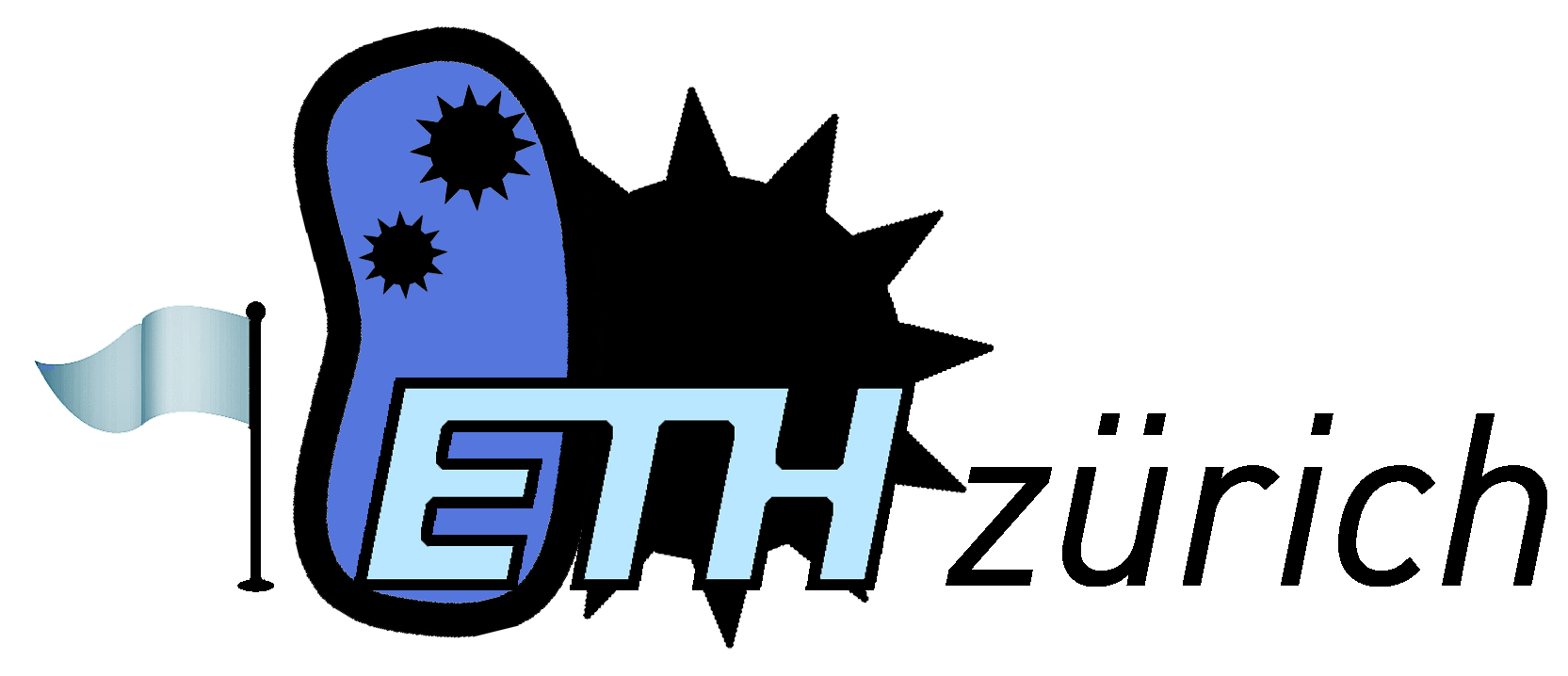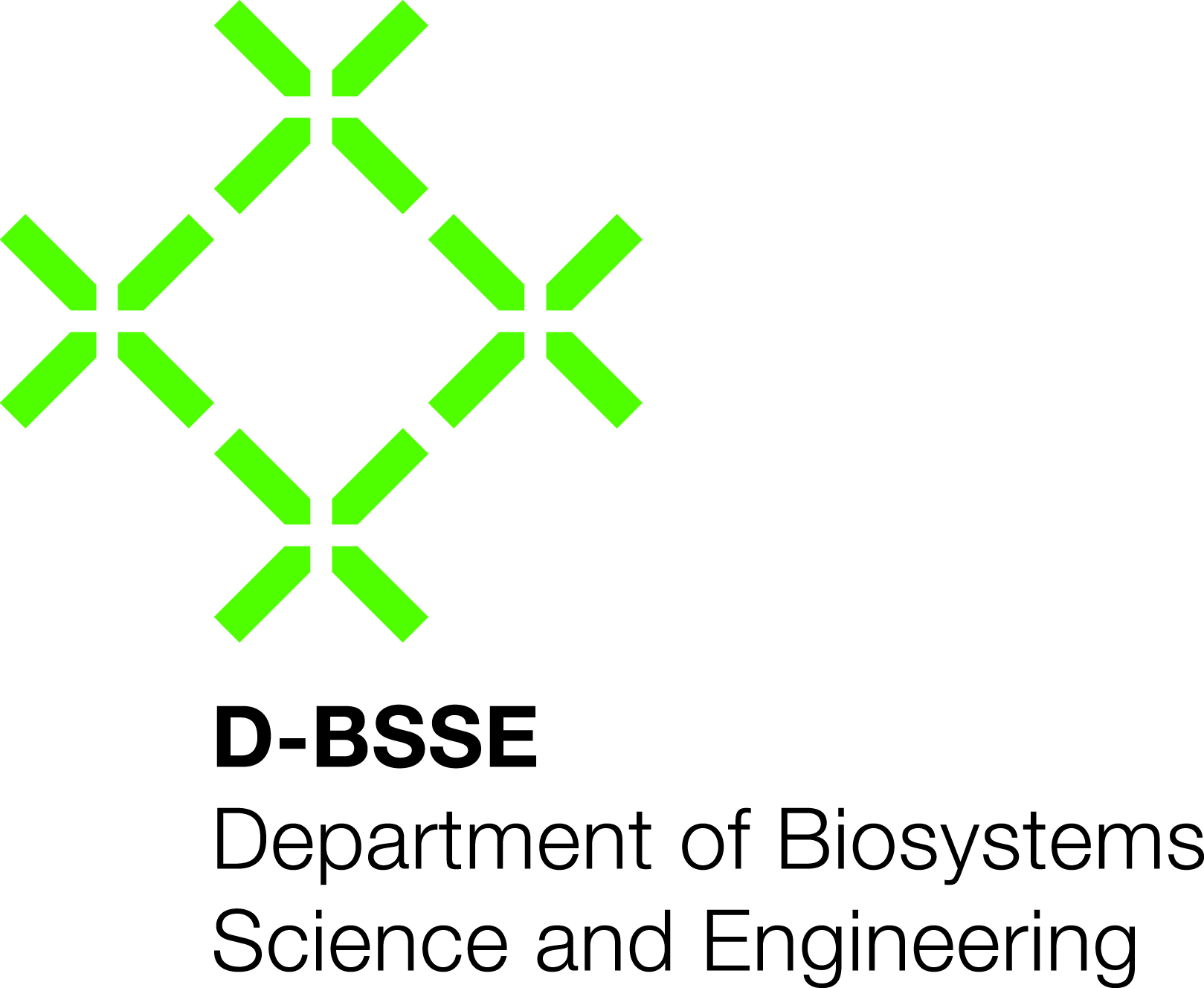Team:ETH Zurich/achievements
From 2013.igem.org
(Created page with "{{:Team:ETH_Zurich/Templates}} {{:Team:ETH_Zurich/Templates/stylesheet}} <h1> We achieved </h1> -Characterize the AHL diffusion on agar plates and define, with the predition fro...") |
|||
| Line 3: | Line 3: | ||
<h1> We achieved </h1> | <h1> We achieved </h1> | ||
| - | -Characterize the AHL diffusion on agar plates and define, with the predition from the model and the experimental results, the distance between colonies, the strengh of the LuxI promoter and the incubation time for the diffusion. <br> | + | -Characterize the AHL diffusion on agar plates and define, with the predition from the model and the experimental results, the distance between colonies, the strengh of the LuxI promoter and the incubation time for the diffusion. <br><br> |
| - | - To astablish several AHL gradients from different mines on one plate, intersections of gradients result in higher AHL levels for the detection of 1, 2 or 3 mines.<br> | + | - To astablish several AHL gradients from different mines on one plate, intersections of gradients result in higher AHL levels for the detection of 1, 2 or 3 mines.<br><br> |
| - | - To make a promoter libary with 8 different EC50 from 0.02nM to 6482nM in lquid culture and form 4.45nM to 12'555nM on agar plates<br> | + | - To make a promoter libary with 8 different EC50 from 0.02nM to 6482nM in lquid culture and form 4.45nM to 12'555nM on agar plates<br><br> |
| - | - We measured the dose-response of those promoters in liquid culture and on agar plates. | + | - Find a analytical solution for the EC50 of the promoter we need to find.<br><br> |
| - | - By the prediction of the model we chooose xy to be the right one for our set-up<br> | + | - We measured the dose-response of those promoters in liquid culture and on agar plates.<br><br> |
| - | - To implement several different reporters in one construct. | + | - By the prediction of the model we chooose xy to be the right one for our set-up.<br><br> |
| - | - | + | - To implement several different reporters in one construct.<br><br> |
| + | - Characterize the hydrolases by Michaelis-Menten kinetics.<br><br> | ||
| + | - Do a proof-of-principle using a GFP reporter.<br><br> | ||
| + | - Optimize the circuit to reduce the leakiness by introduction of a negative feedback loop.<br><br> | ||
| + | - Do a preliminary game with the hydrolases.<br><br> | ||
| + | - Establish a spatio-temporal model of the proof-of-principle and the final game.<br><br> | ||
| + | |||
| + | |||
<br clear="all"/> | <br clear="all"/> | ||
{{:Team:ETH_Zurich/templates/footer}} | {{:Team:ETH_Zurich/templates/footer}} | ||
Revision as of 08:15, 26 October 2013
We achieved
-Characterize the AHL diffusion on agar plates and define, with the predition from the model and the experimental results, the distance between colonies, the strengh of the LuxI promoter and the incubation time for the diffusion.
- To astablish several AHL gradients from different mines on one plate, intersections of gradients result in higher AHL levels for the detection of 1, 2 or 3 mines.
- To make a promoter libary with 8 different EC50 from 0.02nM to 6482nM in lquid culture and form 4.45nM to 12'555nM on agar plates
- Find a analytical solution for the EC50 of the promoter we need to find.
- We measured the dose-response of those promoters in liquid culture and on agar plates.
- By the prediction of the model we chooose xy to be the right one for our set-up.
- To implement several different reporters in one construct.
- Characterize the hydrolases by Michaelis-Menten kinetics.
- Do a proof-of-principle using a GFP reporter.
- Optimize the circuit to reduce the leakiness by introduction of a negative feedback loop.
- Do a preliminary game with the hydrolases.
- Establish a spatio-temporal model of the proof-of-principle and the final game.
 "
"





